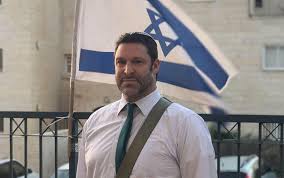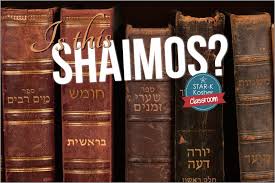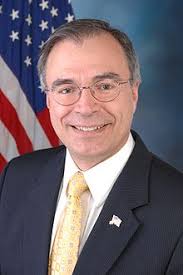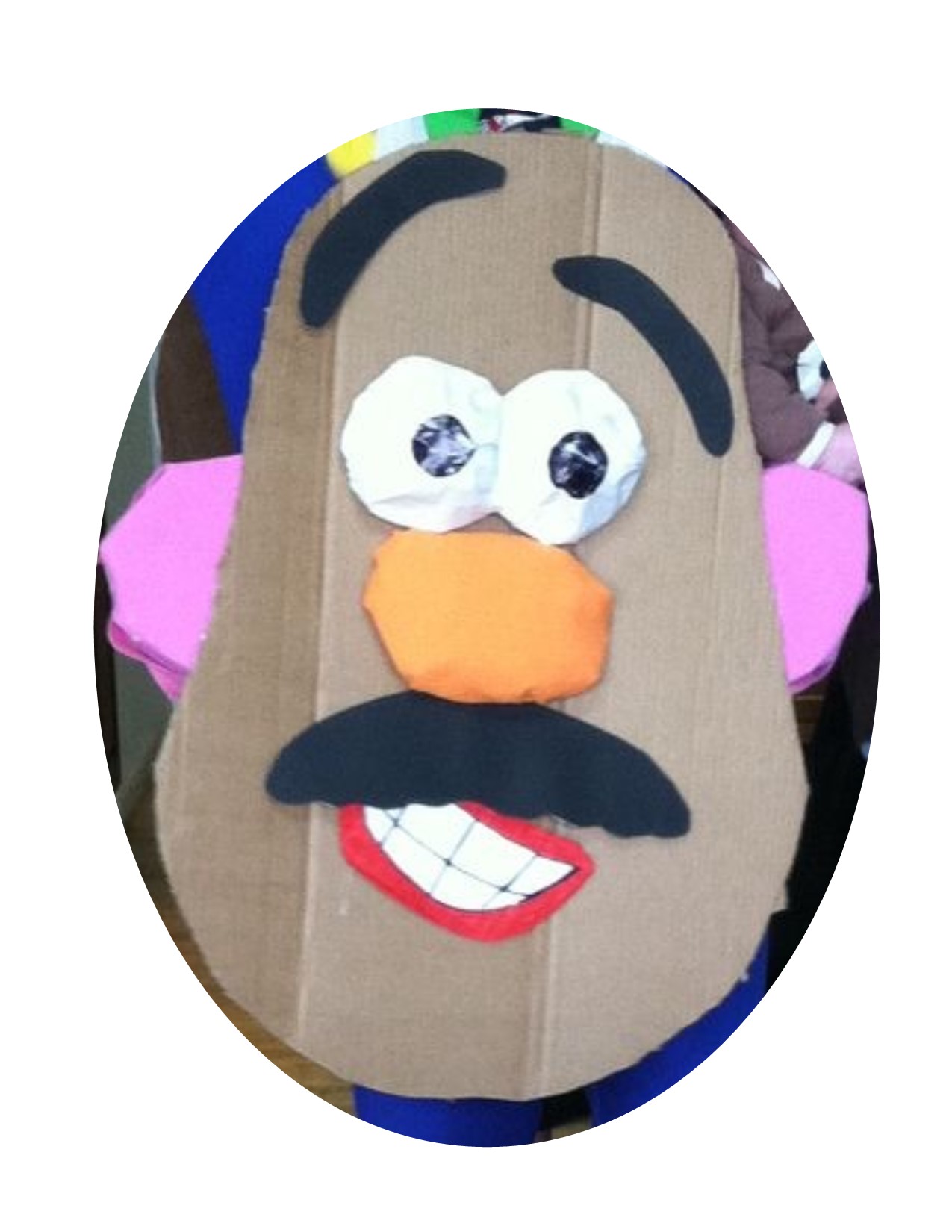When Dovid Mandel volunteered during the busy pre-Pesach sheimos season, little did he realize that he’d soon be in charge of burying our community’s sheimos on a more permanent basis.
Sheimos – literally, “names” (referring to the name of G-d) – consist of printed Torah materials as well as objects that have innate holiness and thus require a respectful burial. Aside from organizing and arranging for either the burial or selling of the sefarim (Torah books) brought to the shul, the one- to two-hour weekly job includes making sure that the sefarim collected conform to the Agudah’s values.
When longtime sheimos head Bill Lerner “retired” from this voluntary position, after 25 years, many people tried to assume his role but found it overwhelming. “I wasn’t planning to continue after Pesach,” admits Mr. Mandel, who is a Ner Israel Kollel Fellow in addition to being an expert dealer of antique sefarim, “but I tried it and it was fun. The place looked absolutely terrible, and I saw that nobody wanted to do it.” Mr. Mandel, who was asked by Agudah president Michael Fulda to take on the job, mostly worked alone until recently, when two teenaged volunteers, Moshe Cohen and Yaakov Weiskopf, began helping him. Yaakov’s father, Rabbi Mordechai Weiskopf, has managed the actual burial in years past.
Sheimos Logistics
Thousands of bags of sheimos are dropped off annually in the small alcove outside Harav Moshe Heinemann’s office. Since it is impossible to store them there, these bags are pushed through a laundry chute-like opening in the floor to be stored in a sizable room on a lower floor. When the room fills up, which has been every two years, it is time to bury the material in the Agudath Israel Cemetery. Selling and giving away the sheimos has alleviated the need to bury the tightly-packed room more frequently than that.
















